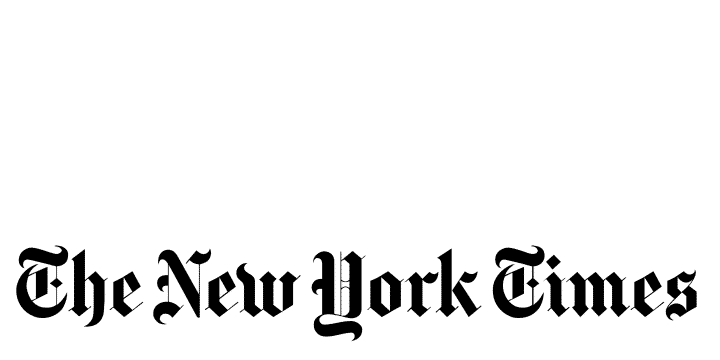As Bruno Latour confided to Le Monde earlier this year in one of his final interviews, philosophy was his great intellectual love. But across his long and immensely fertile intellectual life, Latour pursued that love by way of practically every other form of knowledge and pursuit – sociology, anthropology, science, history, environmentalism, political theory, the visual arts, theatre and fiction. In this way he was, above all, a philosopher of life in the comprehensive German sense of Lebensphilosophie.
Lebensphilosophie, whose leading exponents included figures such as Friedrich Nietzsche and Martin Heidegger, enjoyed its intellectual heyday between the 1870s and the 1930s. It was a project that sought to make sense of the dramatic development of modern science and the way it invaded every facet of life. In the process, it relentlessly questioned distinctions between the subject and knowledge and the foundations of metaphysics. It spilled over into the sociology of a Max Weber or the Marxism of a György Lukács. In France, writer-thinkers such as Charles Péguy or Henri Bergson might be counted as advocates of the new philosophy. Their heirs were the existentialists of the 1940s and 1950s. In the Anglophone world, one might think of the American pragmatists, William James and John Dewey, the Bloomsbury group and John Maynard Keynes.
A century later, the project of a “philosophy of life” acquired new urgency for Latour in an age of ecological crisis when it became crucial to understand ourselves not as free-floating knowing and producing subjects, but as rooted, or “landed”, beings living alongside others with all the limits, entanglements and potentials that entailed.
The heretical positions on the status of scientific knowledge for which Latour became notorious for some, are best understood as attempts to place knowledge and truth claims back in the midst of life. In a 2004 essay entitled “How to Talk About the Body?” he imagined a dialogue between a knowing subject as imagined by a naive epistemology and a Latourian subject:
“‘Ah’, sighs the traditional subject [as imagined by simplistic epistemologies], ‘if only I could extract myself from this narrow-minded body and roam through the cosmos, unfettered by any instrument, I would see the world as it is, without words, without models, without controversies, silent and contemplative’; ‘Really?’ replies the articulated body [the Latourian body which recognises its relationship to the world and knowledge about it as active and relational?] with some benign surprise, ‘why do you wish to be dead? For myself, I want to be alive and thus I want more words, more controversies, more artificial settings, more instruments, so as to become sensitive to even more differences. My kingdom for a more embodied body!’”
Read the full article at The New Statesman.


